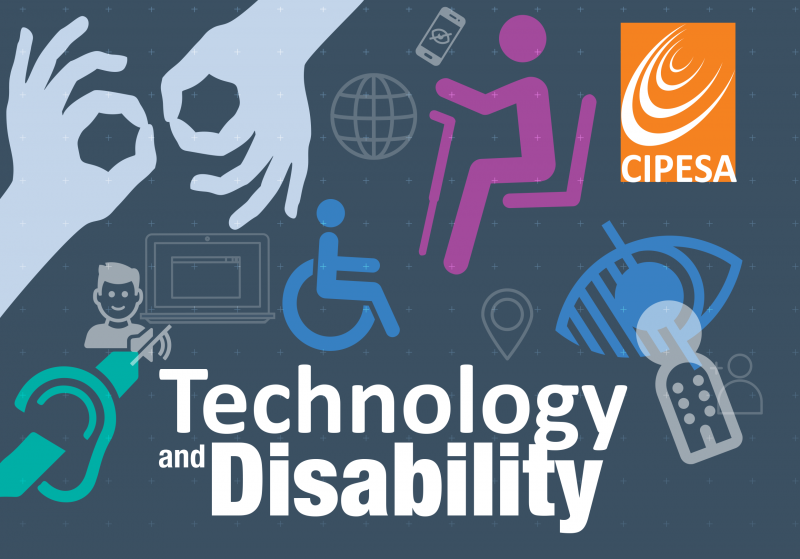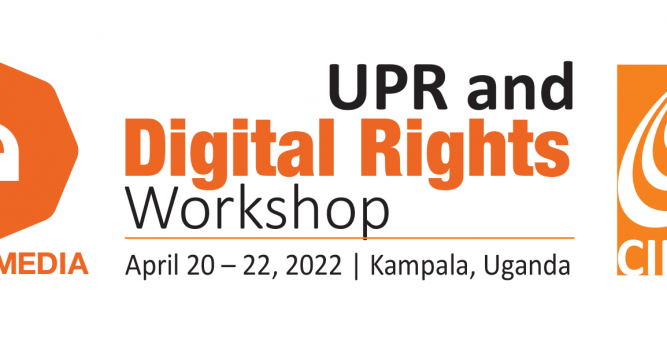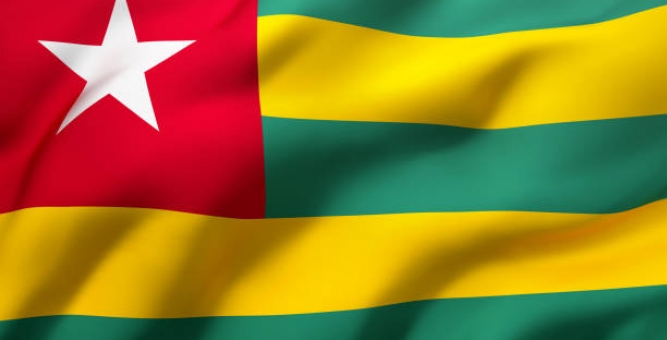The Collaboration on International ICT Policy for East and Southern Africa (CIPESA) has made a submission to the Africa Commission on Human and People’s Rights (ACHPR) on the situation and issues on the continent that have a critical human rights dimension for persons with disabilities in the context of ICT. In the submission made in April 2022 and addressed to the Working Group on the Rights of Older Persons and People with Disabilities in Africa, CIPESA reiterates the urgent need for member states to ratify the Protocol to the African Charter on Human and People’s Rights of Persons with Disabilities in Africa so that it comes into force.
CIPESA notes that four years after its adoption, the Protocol has been signed by less than a dozen countries and only two countries (Cameroon and Mali) have ratified it. For the protocol to come into force, at least 15 countries are required to ratify it.
“The adoption of the Protocol was a major step forward in protecting and advancing the rights of persons with disabilities, but the failure to sign and ratify it undermines these efforts,” submits CIPESA. The submission adds that, without a doubt, African governments must do more to ensure that persons with disabilities access and use digital technologies and that there is sufficient disaggregated data to inform programme interventions. Ratifying the protocol will be a major- but insufficient step in this direction.
In line with the Protocol’s provisions requiring State Parties to: put in place policy, legislative, administrative, and other measures to ensure persons with disabilities enjoy the right to access information (Article 24); ensure the systematic collection, analysis, storage and dissemination of national statistics and data covering disability to facilitate the protection and promotion of the rights of persons with disabilities (Article 32), CIPESA recommends that the Working Group prioritises and engages the Member States to:
- Ratify the Protocol to the African Charter on Human and Peoples’ Rights on the Rights of Persons with Disabilities in Africa as a matter of utmost priority, and promote awareness of its content and the rights it protects.
- States parties should issue periodic reports to the African Commission, in accordance with Article 62 of the African Charter, on legislative and other measures undertaken for the full realisation of the rights of persons with disabilities.
- Enhance the development, implementation, and enforcement of relevant and enabling national policies and legislation on accessible communication products and services such as disability laws, Codes of Practice, consumer rights regulations, and ICT and disability policies.
- Offer tax exemptions and incentives for innovation as well as investment in assistive devices and software tailored to the needs of persons with disabilities.
- Promote the awareness of, and access of persons with disabilities to specialist devices and technologies such as manual Perkins Brailler, hand-held magnifiers, hand frames/slates and communication boards, screen readers, text-to-speech software, and Augmentative and Alternative Communication (AAC).
- Promote meaningful participation of persons with disabilities in decision-making and policy development processes at national and regional levels through affirmative action and other efforts that promote fair representation.
- Ensure that information on emergencies such as the COVID-19 pandemic, conflicts/wars, and natural calamities, is inclusive and provided in accessible and appropriate formats and languages, whether it is in SMS, audio, visual or document form.
- Ensure the systematic collection, analysis, storage, and dissemination of national statistics and data covering disability to increase the availability of high-quality, timely, and reliable disaggregated data by disability, in order to facilitate the protection and promotion of the rights of persons with disabilities. The statistics and data should be disseminated in formats accessible to persons with disabilities.
- Promote multi-stakeholder cooperation between governments, the private sector, civil society, and other relevant actors to promote the rights of persons with disabilities in accordance with the Protocol.
Read CIPESA’S full submission here.




